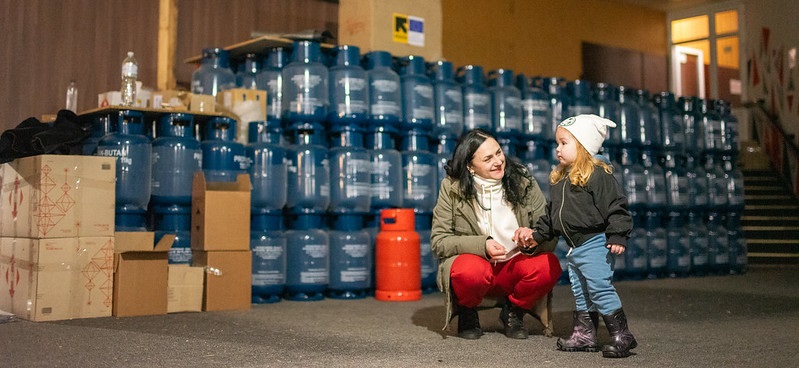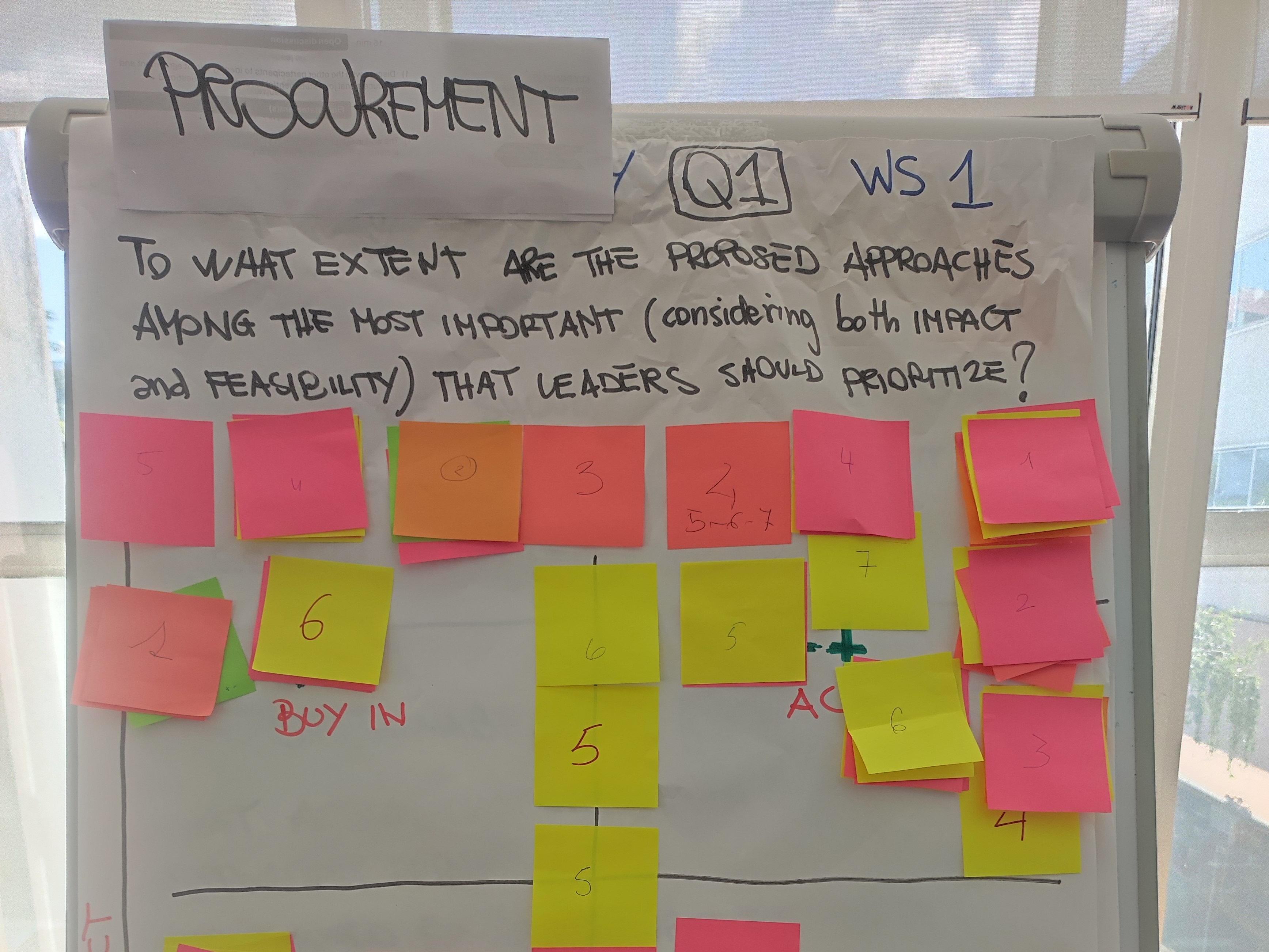 ← Back to Home
← Back to Home

Procurement is the largest financial component of the humanitarian supply chain. It has the potential to drive both efficiency and programme impact, but only if treated as more than a transactional function. To achieve this, procurement needs to become a strategic pillar within organisations.
What’s needed to make this shift:
Three elements are central to advancing procurement’s role:
Addressed together, these elements can unlock procurement’s full potential to enhance the efficiency and effectiveness of humanitarian action. Procurement also intersects with other priorities in the humanitarian supply chains, including environmental sustainability, localization, preparedness and digitalisation, as well as the cross-cutting issues of funding and cost eligibility.



Under the Humanitarian Leadership Group on Supply Chain (HLGSC), NRC and WFP co-chair the procurement workstream, with support from the European Commission (DG ECHO), in its capacity as Secretariat. Together, they have developed a roadmap to make procurement more strategic and overcome barriers to progress.
Strong leadership is essential to turn commitments into action. Current reform opportunities, such as the Humanitarian Reset and UN80, present a timely opportunity for procurement and supply chains to be recognised as central to humanitarian leadership, policy, and culture.